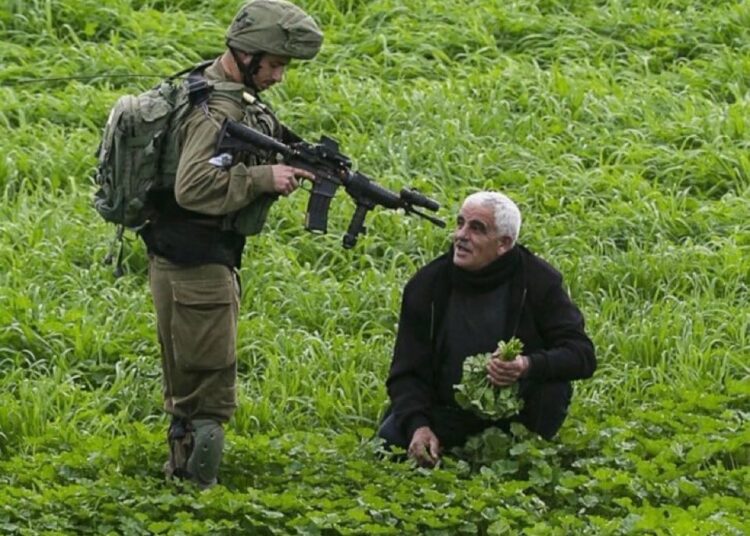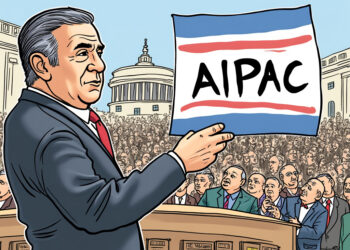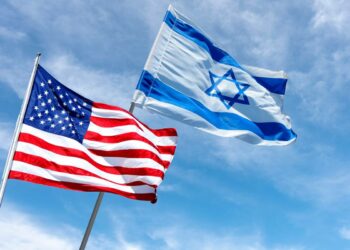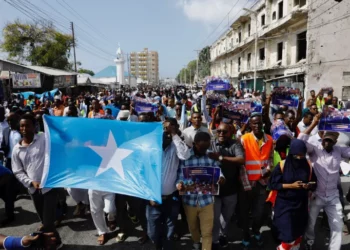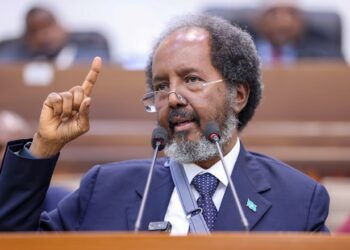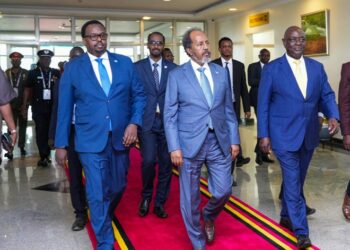In a world where the stories of resilience and injustice are many, few are as enduring and poignant as the Palestinian struggle. This fight for justice, dignity, and recognition resonates far beyond the borders of the region itself, serving as a powerful reflection of the broader global struggles against oppression. As we delve into this complex and deeply rooted conflict, it becomes clear that the lessons we draw from it are universal and profoundly human.
The Historical Context of Dispossession
The founding of Israel in 1948, marked by the Palestinian Nakba—or catastrophe—triggered the mass displacement of over 700,000 Palestinians. This event did not just change maps; it tore apart families, severed cultural ties, and uprooted an entire people from their ancestral lands. For Palestinians, this moment in history continues to define their identity, shaping their collective consciousness around loss and longing. Much like other global movements for land rights, the Palestinian experience is one of resistance and resilience.
The echoes of this dispossession are not confined to the past. They reverberate through the generations, as Palestinians in exile hold onto memories of homes they may never see again. Their story is emblematic of a broader human experience, one shared by displaced and oppressed communities worldwide.
A Global Struggle for Rights
The Palestinian cause is far from an isolated issue; it reflects a larger narrative of struggles for justice that have shaped our world. From the civil rights movement in the United States to the fight against apartheid in South Africa, the quest for recognition and equality is universal. These historical parallels remind us that the fight for Palestinian rights is not about opposing one group or another, but about standing against policies that perpetuate injustice.
Global solidarity is crucial in this struggle. Many voices—including those from Jewish communities—have joined the call for Palestinian rights, rejecting the notion that supporting this cause is inherently anti-Semitic. It is a testament to the power of alliances that transcend boundaries, reinforcing the idea that justice for one group does not come at the expense of another. A comprehensive resolution is vital not only for Palestinians and Israelis but for global peace and stability.
Solidarity Across Borders
The Palestinian struggle has inspired global movements for justice. Across continents, we see parallels between their plight and the experiences of marginalized communities. Whether through the lens of racial injustice or economic inequality, the themes of empowerment and justice are universal. Movements like Black Lives Matter have drawn clear lines between the fight for Palestinian rights and their own struggles, emphasizing that “injustice anywhere is a threat to justice everywhere.”
The statistics bear out the growing global support for this cause. In recent years, protests in North America, Europe, and beyond have highlighted the widespread demand for Palestinian rights. This surge in international solidarity is a powerful reminder that the struggle for justice knows no borders.
The Role of Media in Shaping Narratives
In today’s world, the media wields immense power in shaping public perceptions. The Palestinian struggle is often filtered through selective reporting, which can distort the reality on the ground. How a story is told can influence policy decisions and humanitarian responses, making the role of media in this conflict particularly significant.
Social media, however, has offered a new avenue for advocacy. It allows for direct communication, bypassing traditional gatekeepers and amplifying voices that might otherwise be silenced. Yet, the influence of misrepresentation remains a serious concern. Simplified narratives of good versus evil do a disservice to the complex history and ongoing injustices faced by Palestinians. As global citizens, it is our responsibility to seek out the full story, ensuring that all perspectives are considered.
A Call to Action: Building a Just Future
The quest for justice in Palestine is not just about a political resolution; it is about recognizing the fundamental human right to live with dignity. This is a struggle that resonates with people across the globe who believe in the values of fairness, equity, and freedom. Each of us has a role to play in this mission, whether through education, advocacy, or simply staying informed.
Engaging with these issues, particularly for younger generations, is crucial. The youth are not only the future—they are the present, actively shaping the world they will inherit. By fostering spaces for dialogue and ensuring that diverse voices are heard, we can help build a future where justice prevails for all.
The Palestinian struggle is not just their fight; it is ours as well. It challenges us to reflect on our values, our commitments to human rights, and our role in the global community. As we move forward, let us carry with us the lessons of resilience and solidarity, striving for a world where every person’s dignity is respected.
Mohamed Ali’s column appears on Qaran.net, offering insights on current events, history, and global struggles for justice

